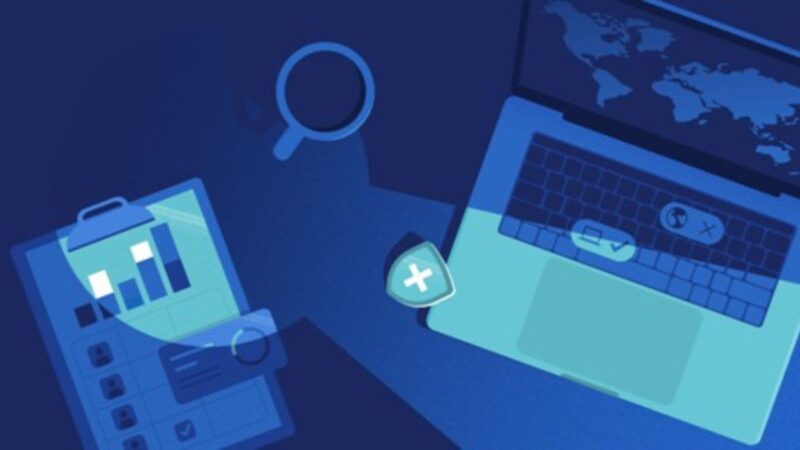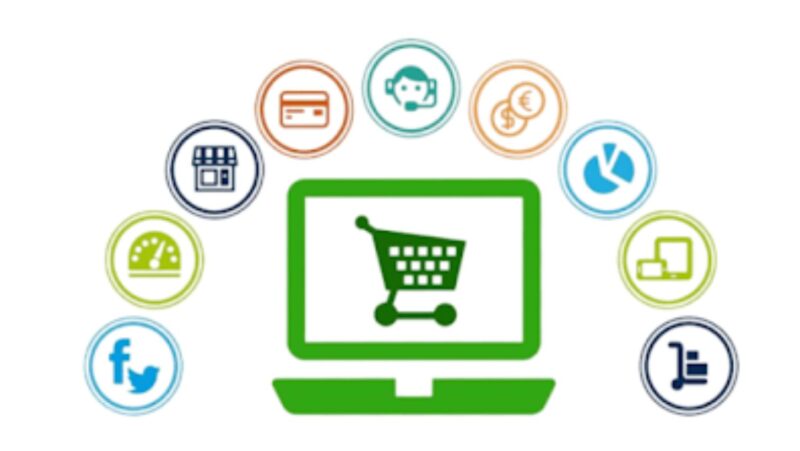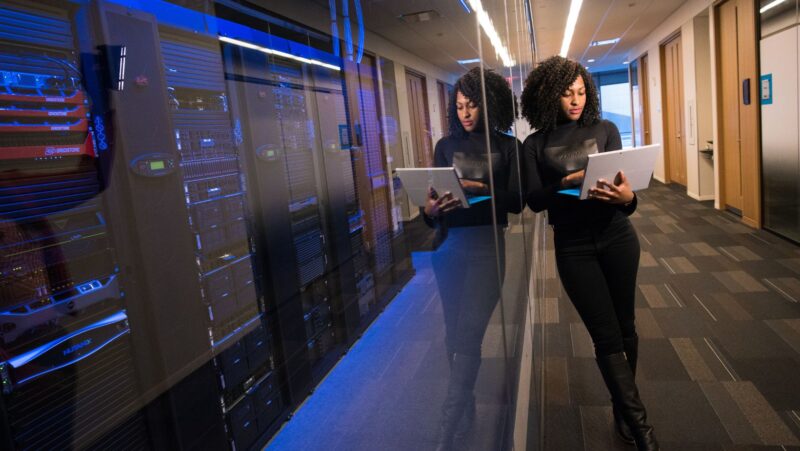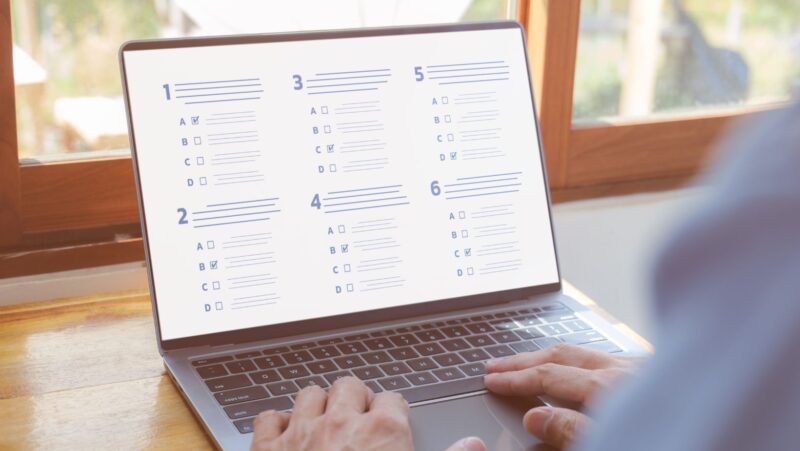
How can speed affect on data browsing?
The speed of your connection can affect how quickly pages load, how long it takes for videos to buffer, and how quickly you can download files. A slow connection can be frustrating, but there are a few things you can do to help speed things up.
1. Use a wired connection instead of wireless. If you’re using a wireless connection, try switching to a wired connection. Wired connections are usually faster than wireless ones.
2. Close any programs that are using your connection. Programs like video streaming apps can use a lot of bandwidth and can slow down your connection. If you’re not using a program, close it to free up some bandwidth.
3. Check your router’s settings. Your router might have a setting that limits the amount of bandwidth that can be used at one time. If this is the case, you might need to upgrade your router or connect to a different one.
4. Upgrade your Internet service. If you’re still not getting the speed you want, you might need to upgrade your Internet service. Contact your Internet service provider to see if they offer a faster package.
How to speed up Firefox
There are a few things you can do to speed up Firefox and make it work better for you. Here are some tips:
1. Update Firefox regularly. Newer versions of Firefox are usually faster than older ones, so updating to the latest version can help speed things up. You can update Firefox by going to Help > About Firefox.
2. Keep an eye on your extensions and themes. Extensions and themes can sometimes cause Firefox to run slowly. If you notice that Firefox is running slowly after you install a new extension or theme, try disabling or uninstalling it.
3. Disable hardware acceleration. Hardware acceleration lets Firefox use your computer’s graphics processor to speed up things like video playback and web page rendering. However, it can also cause problems with some graphics drivers. If you’re having performance issues, you can try disabling hardware acceleration.
4. Clear your cache. Browsing data, like cookies and cached images and files, can make pages load faster the next time you visit them. However, over time this data can start to take up a lot of space and can slow down Firefox. Clearing your cache once in a while can help speed things up.
5. Try using a different browser. If you’re still having performance issues after trying all of the above, you might want to try using a different browser. Some browsers, like Google Chrome, are designed to be faster and more lightweight than others.
Can browser provider affect speed?
The company that provides your Internet service can affect the speed of your connection. If you’re not getting the speed you want, you might need to switch to a different provider.
1. Check your contract. Some Internet service providers have a minimum speed that they guarantee in their contracts. If your provider isn’t meeting this minimum, you might be able to get a refund or a discount.
2. Compare providers in your area. Not all providers are the same. Some might be faster than others. You can use an online tool like Speedtest to compare the speeds of different providers in your area.
3. Switch to a different provider. If you’re still not happy with the speed you’re getting, you can switch to a different provider. Make sure to do your research and compare different providers before you make a decision.
There are a few things you can do to speed up Firefox. Try updating Firefox, keeping an eye on your extensions and themes, disabling hardware acceleration, clearing your cache, or using a different browser. You can also scan for malware and viruses, and check your Internet service provider to see if they offer a faster package.












